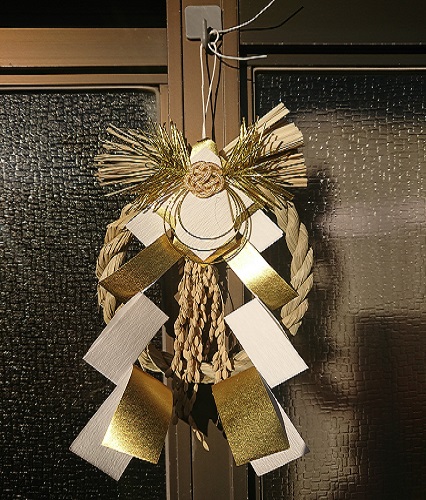As I am writing this in the first week of the New Year, “Happy New Year!”. I’ve experienced a few first of Januarys in Japan and are familiar with the traditions associated with this national holiday. Toshikoshi soba, o-souji, ouzoni, nengajo, o-sechi, hamaya, shogatsu kazari, are a few things that were new to me but are part of my “new” New Year Traditions.
How would you explain Toshikoshi soba, o-souji, ouzoni, nengajo, o-sechi, hamaya, and shogatsu kazari? What other traditions do you do and how would you explain them in English?
Culture as a topic
So, what’s the topic of conversation here? Culture; leading to food, traditions, and superstitions. Talking about what you are currently doing or experiencing may help you choose a topic to talk about. All topics aren’t suitable, especially if you have just met someone.
Recently, everyone is experiencing the same thing, New Year, which is an easy topic to ask questions about:
“How do you celebrate New Year in your country?”,
“Have you experienced New Year in Japan?”,
“What will you be doing for New Year?”.
Conversing, not stating
English conversation is not just listing what you are doing at the moment, it’s also about reasons and feelings. Exchanging knowledge and information is part of the conversation too, so remember to ask questions.
The benefit for a Japanese person speaking to someone in English are the differences in cultures; it’s an easy and interesting topic to choose, however, as I wrote before not all topics are suitable. When you talk about your culture, you share the differences and widen your knowledge. Happy New Year!
*****お知らせ*****
【ご自身が英語でコミュニケーションを取れているかどうか】を知りたい方、
【ご自身の英語のコミュニケーションの改善点】を知りたい方はお問合せから
【無料英語コミュニケーション力ミニ診断】と件名にご記入いただき、ご連絡ください。
毎月先着3名様のみ受付中です!
ー オンライン英語コミュニケーションプログラム ー
【あなたの心が伝わるあなただけの英語】
英語でのコミュニケーションをあなたらしい英語で。一人一人のレベル、能力、
興味に合った教材や方法を用いたテイラーメイドの英語コミュニケーションプログラムです。

”あなたの英語”でコミュニケートしたい方は、まずは無料カウンセリングをご予約ください。



